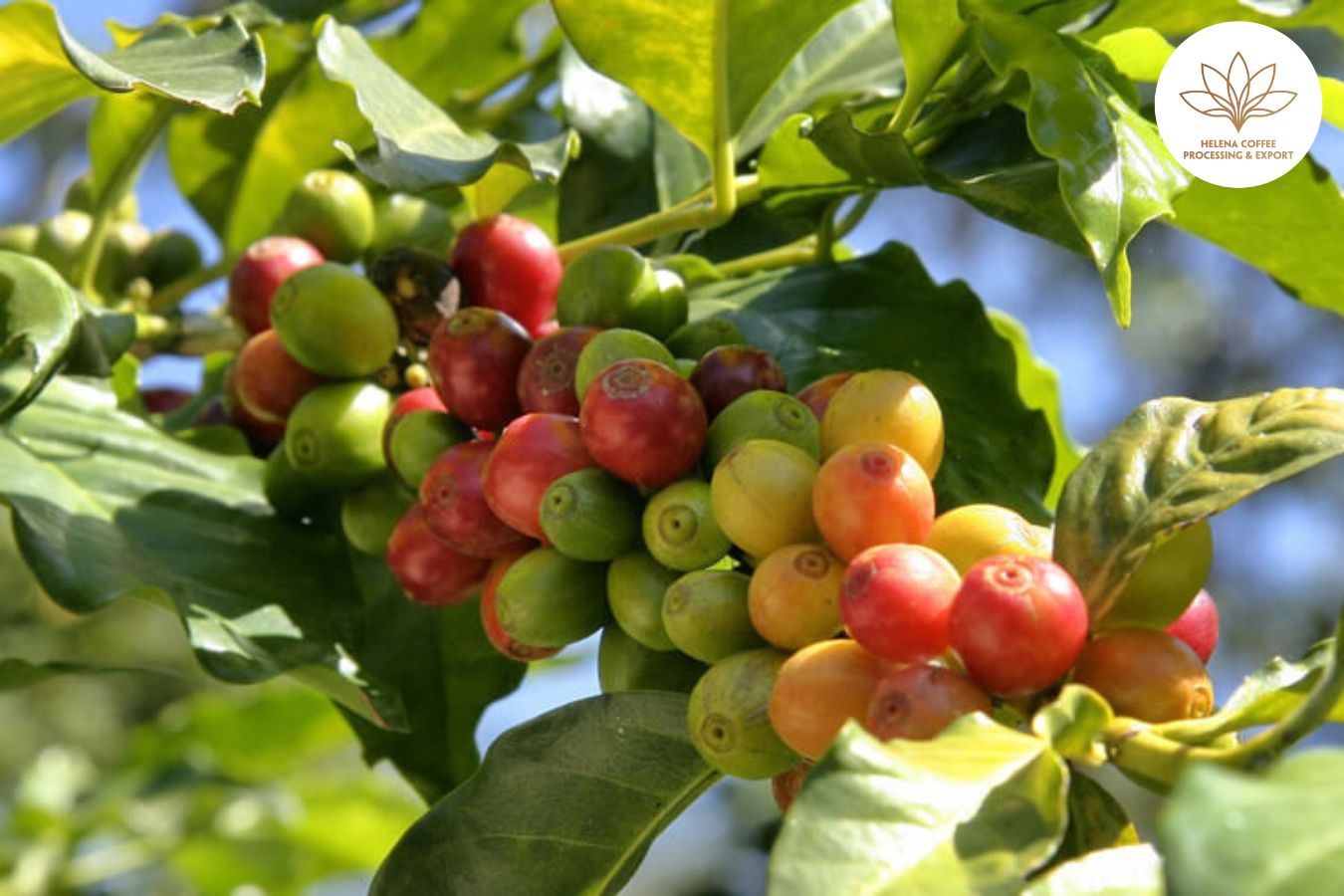
certifications used to market coffee: Certifications play a pivotal role in elevating the social, economic, and environmental benchmarks within the global coffee sector. These certifications ensure that coffee producers adhere to farming practices that conserve biodiversity and demonstrate that green coffee purchasers are committed to buying at fair prices.
Moreover, certifications serve as powerful marketing instruments. They succinctly convey to roasters and consumers the commitment to ethical and sustainable practices within the coffee supply chain.
Yet, the challenge remains in how these certifications can enhance value retention within coffee-producing nations, especially since most producers do not directly market their own coffee. To delve deeper into this issue, I consulted with three experts from the Falcafé Neighbors and Friends Program. Continue reading to uncover the strategic use of certifications in the coffee marketing realm.
The marketing landscape within the coffee industry has evolved significantly, deeply influenced by its historical roots. Initially, during the colonial era of the 1600s and 1700s, European powers established the coffee trade, focusing marketing efforts directly on consumers in Europe. This period marked the beginning of coffee being marketed as a luxury and exotic product, making it less accessible to the broader population due to its higher cost.
As the industry entered the 20th century, a notable shift occurred in response to changing consumer preferences. The demand for convenience led to a new marketing focus, emphasizing pre-roasted coffee, which, coupled with increased affordability, made coffee more accessible to a wider audience. This era marked the beginning of coffee’s transformation into a commodity enjoyed by the masses.
In contemporary times, the responsibility of marketing coffee predominantly falls on roasters and coffee shops in consuming countries, primarily due to the added value that roasting brings to the coffee. This practice has solidified the business-to-consumer marketing model as the standard in the industry, particularly in countries of the Global North where the majority of roasters are located. Consequently, this model has created a dynamic where the majority of the coffee’s value is realized post-origin, underscoring the pivotal role of marketing in the coffee sector’s evolution.
This evolution reflects not just changes in consumer behavior and preferences but also the lasting impact of historical trade practices. Despite the presence of some roasters in origin countries, the bulk of marketing efforts and value creation occur in consuming countries, highlighting a continued trend of consumer-focused marketing that has defined the coffee industry for centuries.